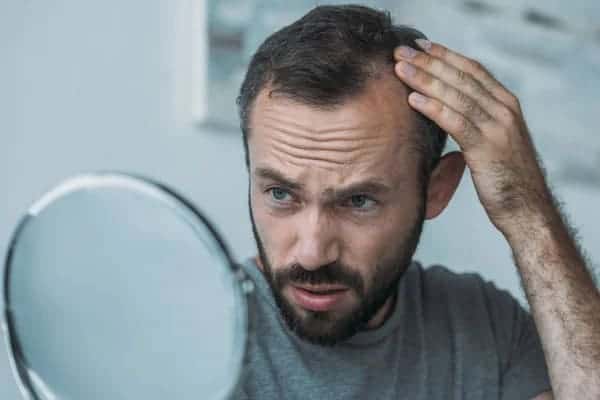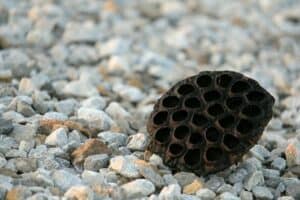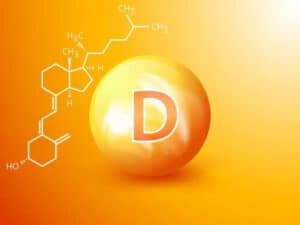Here’s What Research Says
If you’re an avid gym goer, then you’ve probably heard of creatine monohydrate. Creatine supplements are a great way to pack on that lean muscle mass for that summer body. However, did you know that taking creatine supplements can cause hair loss? If you’re suffering with creatine-induced hair loss, then here’s what you can do to prevent further hair loss!
Hair Loss and Creatine: What do I Need to Know?
Hair loss is one of the most prevalent problems that people in the UK experience. Although hair loss is not always a life threatening condition, it can cause psychological stress and low self-esteem in many people.
Typically, we lose between 50 and 100 hair every single day without even noticing. However, when we begin to lose more hair follicles than we can replenish, this is a sign of hair loss and thinning hair.
Hair loss is caused by a chemical called Dihydrotestosterone (DHT). This is produced when testosterone reacts with an enzyme in our bodies called 5-alpha reductase. But more on that later!
When we exercise, the levels of testosterone in our bodies increases. Of course, some exercises elevate our testosterone ratio more than others, specifically: body-building, powerlifting, olympic weightlifting, and cross-fit.
Furthermore, these sports also tend to see higher levels of athletes taking performance enhancing supplements (like creatine monohydrate) that can, in some cases, increase our chances of hair loss.
What is Creatine?
Creatine is one of the most popular dietary supplements on the market today. It’s widely used by athletes, from the general gym-goer to the seasoned professional. Whether you’re trying your first push/pull/legs programme or training for the next Mr. Olympia, you’ve probably heard of creatine supplementation.
Creatine is an organic compound and it’s produced naturally by your body’s muscle cells. Your body uses it during high intensity exercise, and heavy lifting.
Typically, your body produces about 1-2grams of creatine every day and this is stored in your skeletal muscles (Brosnan 2016).

You can always get creatine from your normal diet. However, it’s difficult to get the amount you need if you’re a weightlifter. This is why many people have creatine supplements.
If you use creatine supplements, then this has been scientifically proven to increase muscle mass, water retention, strength, and performance during exercise (Kreider et. al 2017).
However, some research has also found a relationship between creatine and DHT, a hormone responsible for hair loss in men and women.
How Do People Take Creatine Supplements?
Creatine supplementation usually begins with an initial period of increased loading for the first week, before dealing this amount back during the maintenance phase.
- Creatine Loading Phase – if your body is not used to creatine, then a “loading phase” is usually used to increase the levels of creatine in your body. During creatine loading, a person will usually take between 15-20 grams for the first 5-7 days
- Creatine Maintenance Period – once your body has become used to creatine supplementation, then you should dial your dose back to 5 grams every day.
If taking creatine supplements for the first time begins to cause hair loss, then it may be wise to lower your dose, or even stop his altogether. Although creatine supplementation does not usually cause hair loss, it is always wise to rule this out as a cause.
If you assess your hair loss and it continues after creatine use has ceased, then this may be a sign of pattern baldness (androgenic alopecia). So, you can probably begin your creatine supplement regimen again.
Possible side effects of Creatine
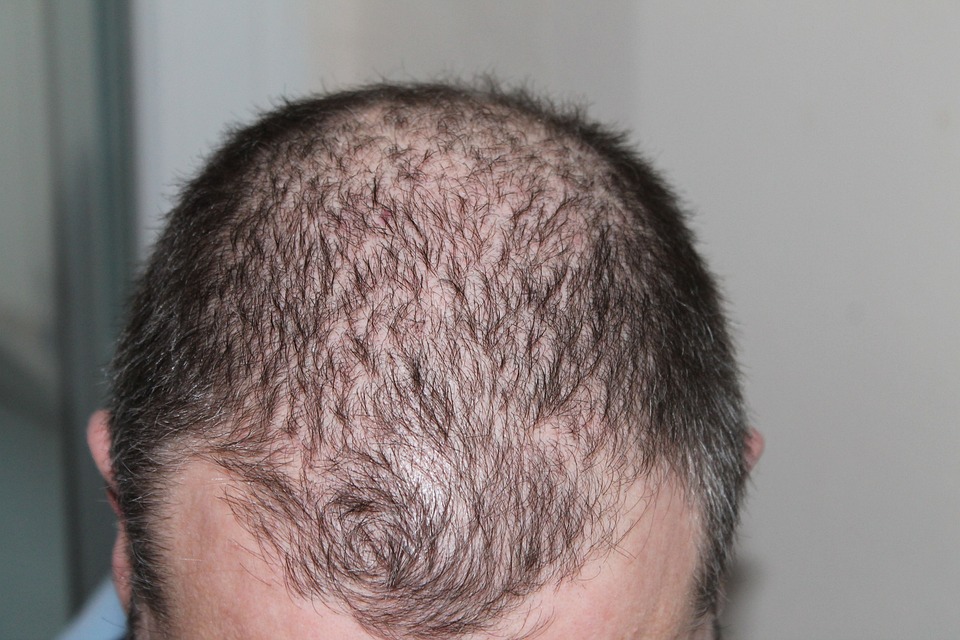
Whilst creatine has been well-studied and is, perhaps, the safest sports supplement, taking excess levels of creatine may incur a series of side effects. Some are more serious than others.
The following side effects of creatine include:
- bloating
- stomach discomfort
- dehydration
- muscle cramps
- kidney disease
- hair loss
If you think you may be suffering with any of the following symptoms, then it may be wise to decrease your creatine intake.
How Might a Gym-Goer’s Lifestyle Further Perpetuate Signs of Hair Loss?
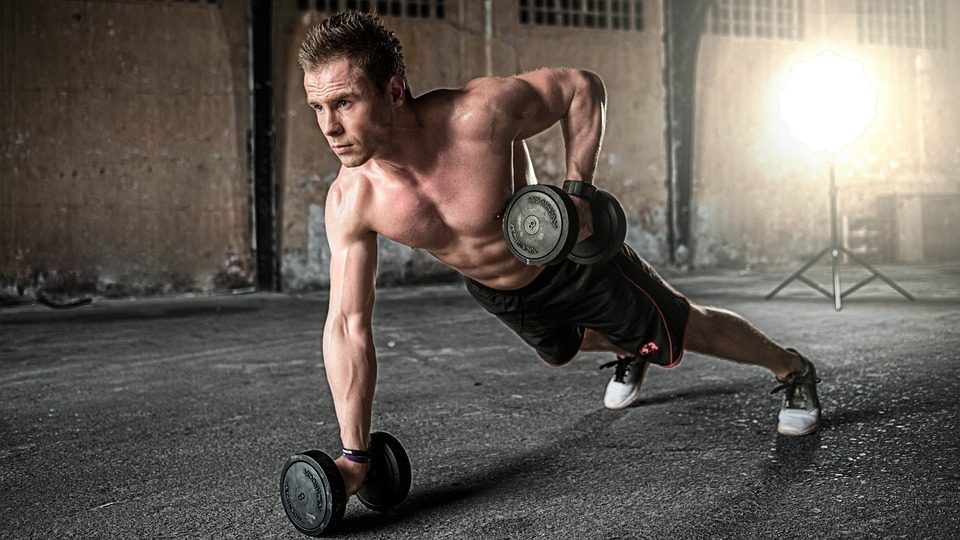
If you’re an avid gym user and suffering with hair loss, then there may well be more plausible explanations than creatine use.
Exercising regularly boosts the testosterone levels in your body, helping increase muscle mass and weight gain so your body is better prepared, biologically speaking, for future stresses.
At the same time, a higher level of testosterone can also increase your DHT levels, DHT is the main hormone responsible for hair loss. Although DHT will naturally cause hair loss whether you’re exercising or not, extreme exercise may promote hair loss at a quickened rate. But more on this later!
The most pressing aspect of gym life that can also cause hair loss is anabolic steroid use. For those who take anabolic steroids or androgens, this can unnaturally elevate testosterone levels in your body, leading to a quickened rate of hair loss.
Even if you are not genetically susceptible to hair loss, steroid use can (and usually does) cause hair follicles to fall out. What’s worse is this happens permanently.
What is dihydrotestosterone (DHT)?
Dihydrotestostosterone (DHT) is a hormone produced by testosterone with the help of an enzyme called 5-alpha reductase. Whilst DHT can help us maintain muscle mass, broaden our shoulders, and give us hair on our bodies, it can also cause hair loss.
If you’re genetically susceptible to androgenetic alopecia, DHT will able to travel around the bloodstream and bind to the androgen receptors in your hair follicles resulting in “miniaturisation” and, ultimately, permanent baldness.
Over time, DHT will cause the growth (anagen) phase of your hair follicles to cease and your resting (telogen) phase to elongate. This is a process called Telogen Effluvium.
The Relationship Between Creatine & DHT
So, why does creatine cause hair loss? Well, research has shown that creatine use elevates the DHT levels in a person’s body.
In a 2009 study (Van Der Merwe et. al) looking at the relationship between creatine and DHT, results showed a 50% rise in DHT during the loading phase. Moreover, the levels were still elevated by 40% increase during a three week maintenance period.
Although this research did not analyse hair loss in its participants, it may still be wise to consider the potential effects of elevated DHT levels if you choose to use creatine supplementation.
If you notice that any of your parents or close family seem to suffer with pattern baldness, then it may be wise to assume that creatine use COULD cause further hair loss.
Of course, more research needs to be conducted in this area. Results would have to find statistically significant evidence that creatine supplementation does cause hair loss. Just to be absolutely sure.
Is Creatine Causing My Hair Loss?
Although creatine increases DHT, it’s unclear as to whether this leads directly to hair loss. Van Der Merwe’s clinical trials did not assess hair loss and so it is hard to know whether creatine leads directly to hair loss.
Hair loss is unlikely to occur unless you’re already genetically predisposed to androgenic alopecia (in other words, male pattern baldness). Moreover, if you’re also on performance enhancing drugs, like anabolic steroids, SARMs, or androgens, then this may a more probable cause for your hair loss.
If you’re taking creatine on a daily basis, then it’s probably wise to always keep your eye on hair loss. Whilst creatine’s effect can be positive in helping you build muscle, it MAY cause some patchy hair loss.
How Can I deal with Creatine-Induced Hair Loss?
If you think your creatine supplementation use is leading to hair loss, then the easiest thing you can do is stop taking creatine. If you stop taking creatine for between 2-3 months (enough to see the new hair growth stage begin), then you’ll quickly be able to diagnose what type of baldness you’re suffering with.
If your hair begins to regrow, then this may be a sign of creatine induced hair loss. Instead of creatine supplementation, maybe try a different type of protein like BCAA amino acids or whey protein.
If your baldness continues, then this may be a sign of male pattern baldness. In this instance, you should consult some professional medical advice to help plan your way forward.
What Treatments Should I Use for Creatine Hair Loss?
If you think you’re suffering with creatine induced hair loss, then there are a number of different measures you can deploy to combat this.
First you could always try using a chemical treatment to manage your hair loss symptoms. Most of these are freely available over the counter of your local supermarket and have been clinically proven to be effective.
Common chemical treatments include:
If your hair loss is more severe, and indicative of pattern baldness (as well as creatine induced hair loss), then a hair transplant is the only long term, natural looking treatment.






